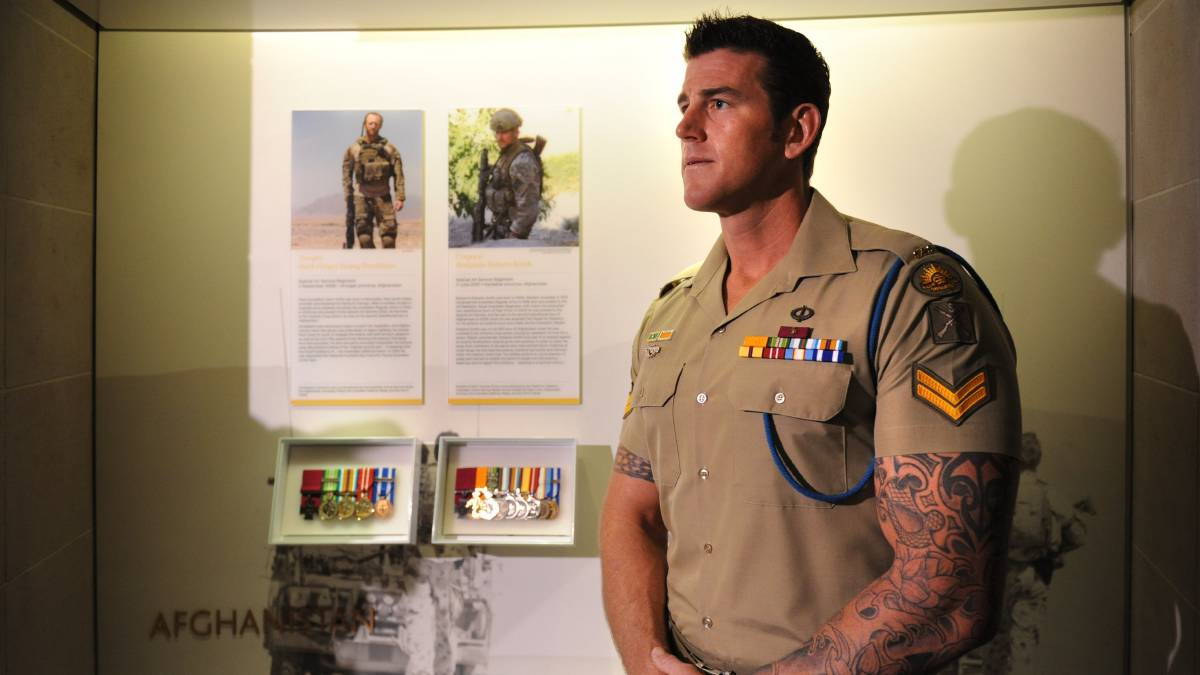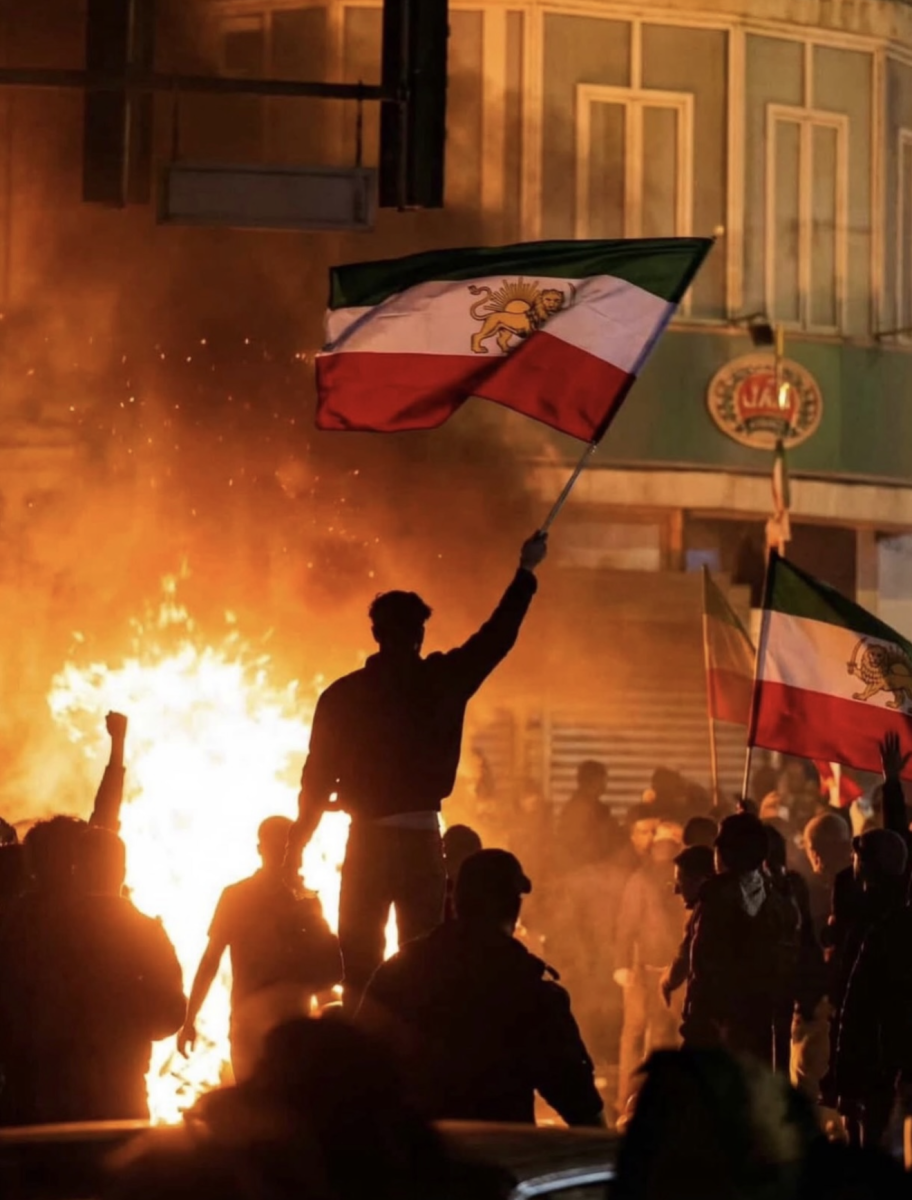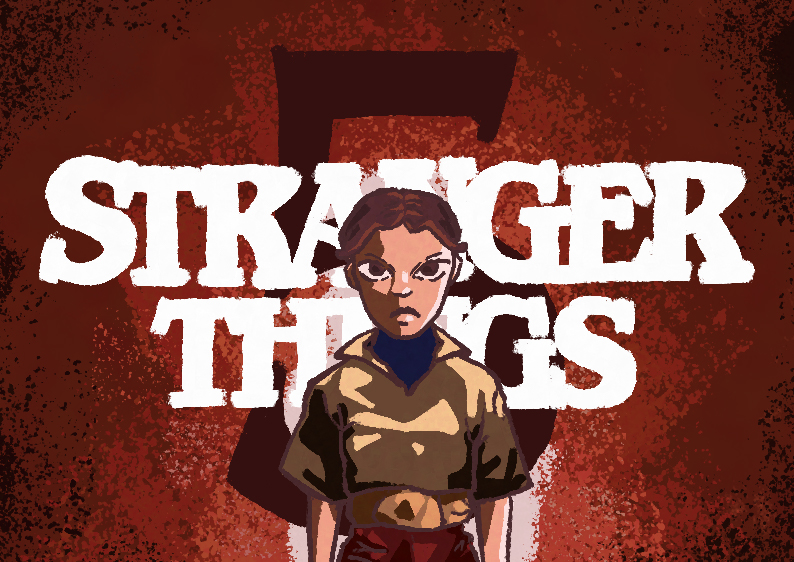Over the past few years, and especially recently, Ben Roberts-Smith, a corporal in the Australian Special Air Service, has been a hot topic of conversation. In June of this year, Roberts-Smith failed his defamation action against three Australian newspapers that had accused him of being a war criminal and murdering innocent civilians during his service in Afghanistan. In light of this, there have been calls by media outlets and certain political parties to take down the tributes toward Roberts-Smith, notably the one in the Australian War Memorial. People argue that as a ‘proven war criminal’ Roberts-Smith should no longer be an exemplar displayed to represent Australian soldiers.
Before discussing this memorial however, it is important to note the details of the defamation case that has caused these sudden concerns and demands.
This case began in 2018 when the Australian Federal Police launched an investigation into allegations of war crimes committed by Australian soldiers during time in Afghanistan. No charges against Roberts-Smith were made, however multiple media outlets came out to accused him of being involved in, and even instigating, the war crimes. Roberts-Smith responded by filing a defamation lawsuit against The Sydney Morning Herald, The Age and Canberra Times. The legal proceedings were long and tedious. As whether Roberts-Smith was defamed was to be based on whether or not he had committed war crimes. After all, if it was true that Roberts-Smith had killed Afghans during his deployment then the statements would not be defamatory.
The verdict of that decision was outlined by the Sydney Morning Herald as: “After years of legal proceedings, Federal Court Justice Anthony Besanko dismissed the multimillion-dollar defamation case on June 1. Besanko found the newspapers had proven to the civil standard – on the balance of probabilities – that Roberts-Smith was a war criminal who was complicit in the murder of four unarmed prisoners in Afghanistan.”
There are some important things to note about this verdict. Firstly, this trial was a civil trial. In a legal context, this means that despite it being proven that Roberts-Smith on the balance of probabilities committed war crimes, no criminal charges can come of this specific case. The ‘balance of probabilities” terminology is also quite important, as this is the criteria for winning a civil case and means that there is a greater than fifty percent chance that Roberts-Smith is guilty of committing war crimes. Secondly, Ben Roberts-Smith is appealing this verdict, claiming that there was error in the findings of that trial. This means that despite the trial being over the case is not fully concluded.
With this context, the current issue of the tributes to Roberts-Smith is quite a tricky one. As a court case has essentially proven that Ben Roberts-Smith is a war criminal, yet the Australian war memorial have a tribute up calling him a hero. Naturally some groups, including a number of media outlets and the Greens party, want this tribute taken down as using a ‘war criminal’ as an exemplar soldier and hero seems like a large conflict of interest for the war memorial. However, the war memorial did not put a tribute up for no reason. Ben Roberts-Smith achieved many things during his time serving in Afghanistan including a Victoria Cross – one of the highest levels of recognition of achievement for a soldier. Roberts-Smith achieved the Victoria Cross* for risking his life in an infiltration operation to draw fire away from a group of his comrades. During that infiltration he also risked his life to take-out machine-gun fire which is deemed as a heroic act of valour which is why he was awarded the Victoria Cross. The Victoria Cross, alongside other military achievements led the Australian War Memorial to put him in a tribute.
What the Australian War Memorial has currently done to address the decision of the defamation case was to put up a sign stating: “The memorial acknowledges the gravity of the decision in the Ben Roberts-Smith VC MG defamation case and its broader impact on all involved in the Australian community. This is the outcome of a civil legal case, and one step in a longer process.” This essentially outlines that Roberts-Smith has not been criminally trialled but instead simply lost a civil case. Many believe that this sign is more of a trivial gesture and not enough. They believe that he should be stripped of his medals and/or remove the tribute in the memorial.
Personally, I think this is a very harsh reaction and I believe that the Australian War Memorial has done more than enough in acknowledging the ongoing proceedings regarding this civil case.
As of this article, Roberts-Smith is not a convicted war criminal and taking down the memorial of this man’s good achievements during the war because of separate allegations is, in my opinion, an overreaction. I will admit that using Ben Roberts-Smith as an exemplar Australian Hero amidst these allegations is not the smartest idea, thus the need of an acknowledgement of the case in the memorial, which was met by the Australian War Memorial.
I believe that this case is a good example of needing to approach things you hear with reason and whilst knowing the full facts. It is very easy to look at a trial where a soldier was proven to have committed war crimes and think ‘how dare they keep a memorial of him up!’. However, when looking at this with full context you see a decorated Australian soldier who was involved in a civil trial, now an ongoing case due to appeal. From this perspective it is less easy to simply say that his tribute should be removed. If you have a differing opinion, feel free to put it in the comments.
The following are sources I utilised for research on this topic
Ben Roberts-Smith to appeal Nine defamation loss (smh.com.au)
After years of legal proceedings, Federal Court Justice Anthony Besanko dismissed the multimillion-dollar defamation case on June 1. Besanko found the newspapers had proven to the civil standard – on the balance of probabilities – that Roberts-Smith was a war criminal who was complicit in the murder of four unarmed prisoners in Afghanistan.
*What is the Victoria Cross?
The Victoria Cross for Australia is the “decoration for according recognition to persons who in the presence of the enemy, perform acts of the most conspicuous gallantry, or daring or pre-eminent acts of valour or self-sacrifice or display extreme devotion to duty













